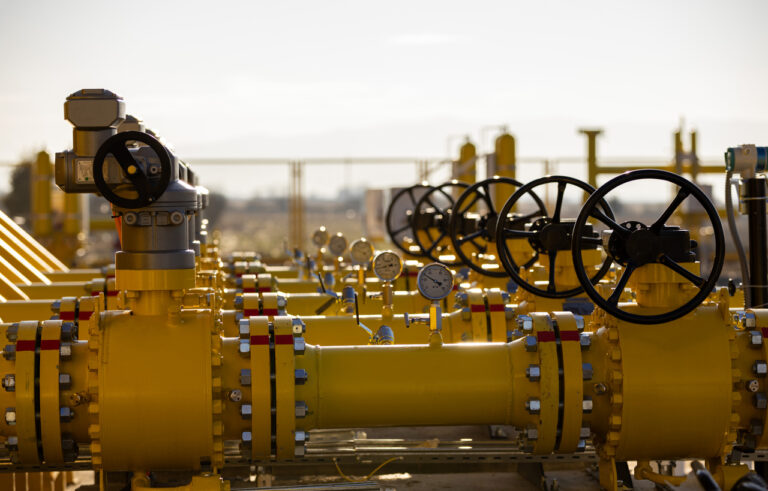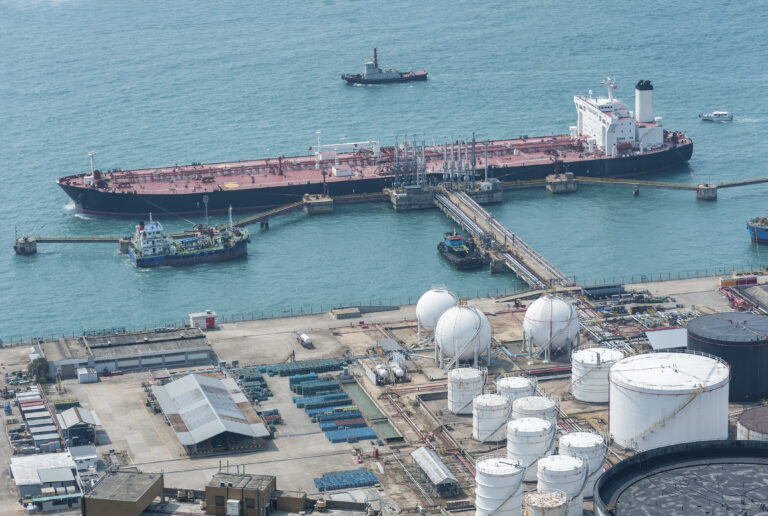
Welcome to the oilfield of the future, where wells across hundreds of miles communicate with each other and operators can rely on data-driven insights and real-time automation to make faster, smarter decisions.
Often found in remote corners of the world, these fields of the future will rely on a similar digital network that everyday consumers count on – like smart home thermostats and mobile banking apps, which help limit energy use and drive more productivity.
In the Permian Basin, one of America’s most bountiful unconventional fields, ExxonMobil engineers and Microsoft programmers are working on a digital transformation that will maximize output from ExxonMobil’s more than 1 million acres of operation, making this the largest-ever oil and gas acreage to use cloud technology.
“There is ripe opportunity for the energy industry to transform how we leverage our data flows,” said Anish Patel, ExxonMobil’s Permian technology integration manager. “What was possible 10 years ago is nothing like what we’re doing today, and that trend of rapid innovation will only exponentially accelerate going forward.”
The suite of Microsoft digital tools will allow field operators to collect loads of data every second, which can be analyzed by onsite operators, engineers and researchers across the country. Sensors will be able to deliver real-time data, like pressure and flow rates from wellheads, to cloud computing solutions that can run thousands of computations per second, allowing for quicker analysis of production.
“Microsoft is focused on the business outcomes of our customers, with customer success as a top priority for empowering organizations to achieve more,” said Kate Johnson, president, Microsoft U.S. “Our partnership with ExxonMobil has the potential to transform the energy industry in how to leverage data to increase and maximize production.”
Ultimately, the partnership with Microsoft is expected to generate billions of dollars in value over the next decade, driving capital efficiency and increasing production by up to 50,000 barrels of oil equivalent per day by 2025.
Source: ExxonMobil







